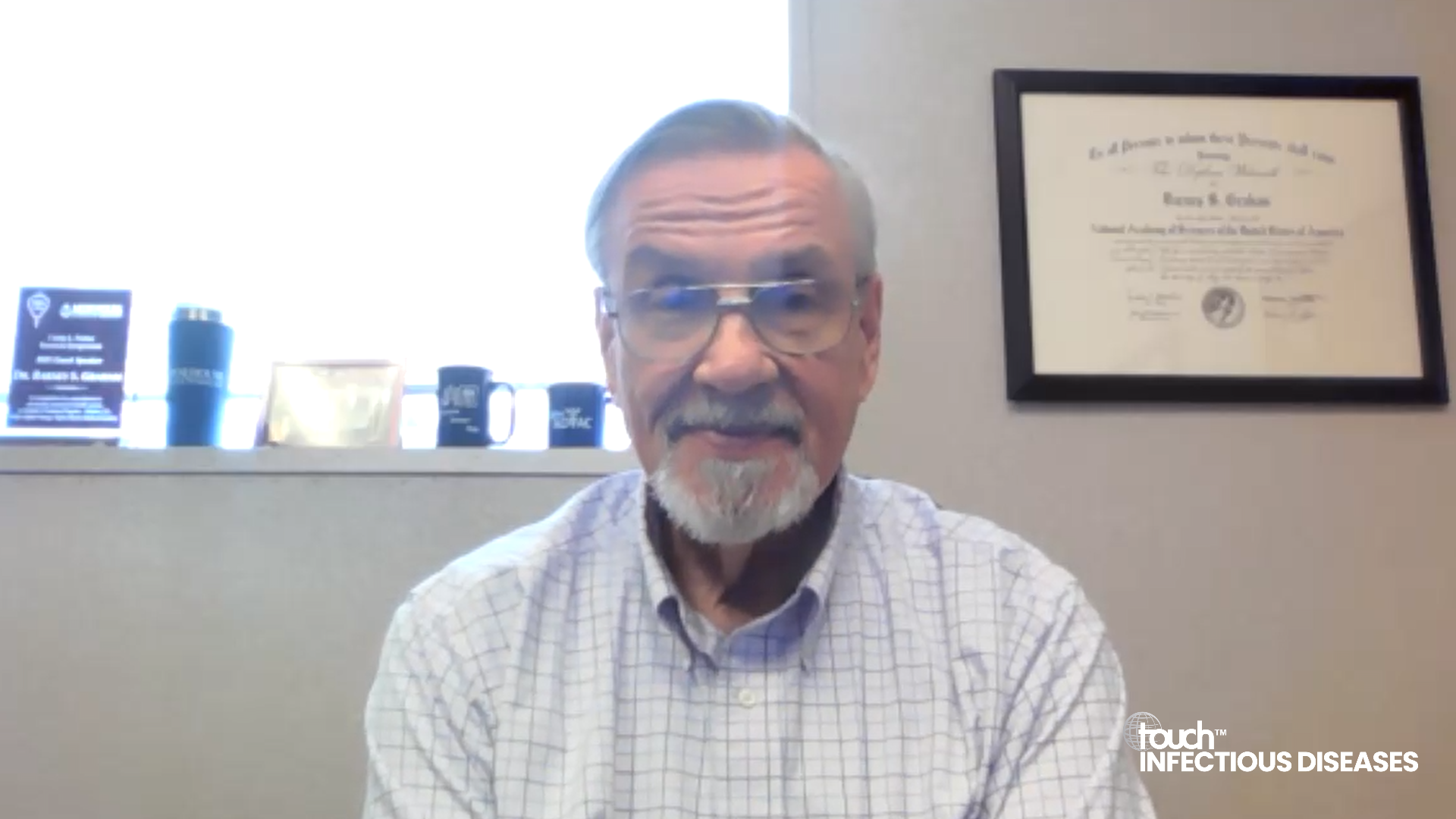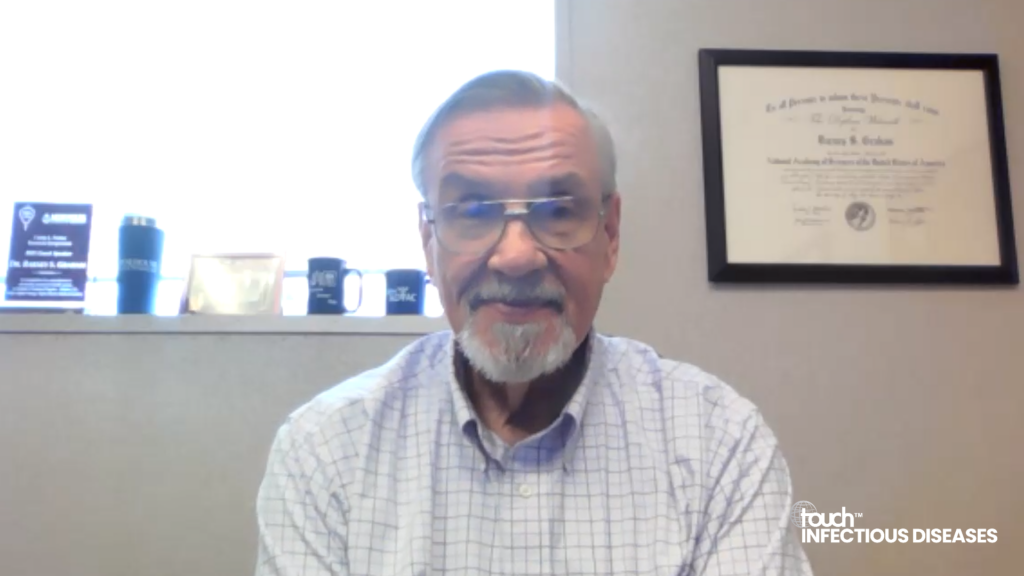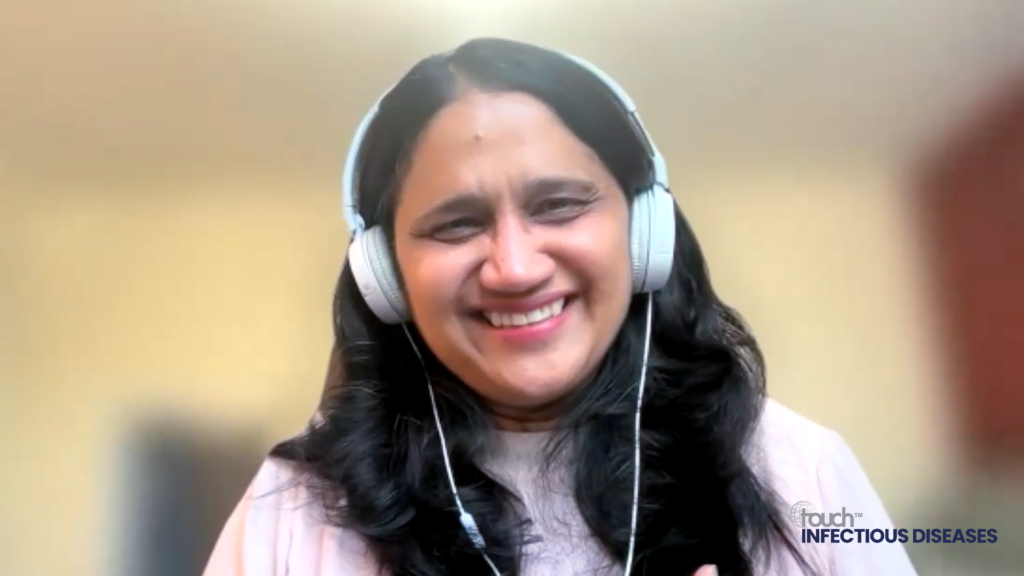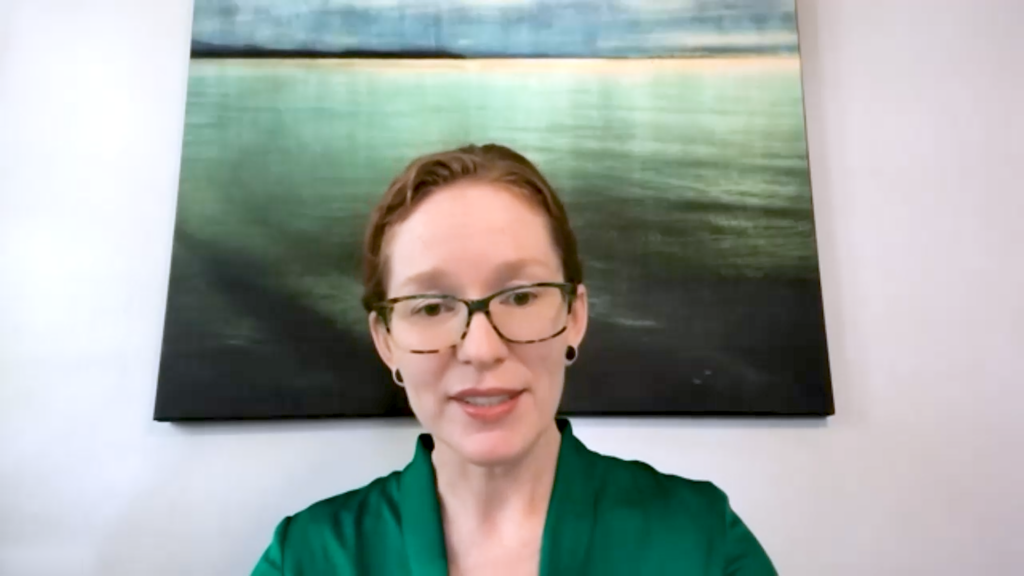The ATLAS-2M, week 152 efficacy and safety findings (NCT03299049) investigating long-acting cabotegravir + rilpivirine for the maintenance of HIV-1 virologic suppression, are discussed in this video interview with Dr Edgar Turner Overton (University of Alabama at Birmingham, Birmingham, AL, USA). He discusses the rationale behind increasing the dosing frequency of long acting cabotegravir + rilpivirine from every 4 weeks to every 8 weeks, the study findings and takes a look into what impact these findings might have on people living with HIV.
The abstract entitled: ‘Long-Acting Cabotegravir + Rilpivirine Every 2 Months: ATLAS-2M Week 152 Results’ (Abstract #479) was presented at Conference on Retroviruses and Opportunistic Infections (CROI) 2022 (Virtual), 12-16 February 2022.
Questions:
- What is the rationale for increasing the dosing frequency of long acting cabotegravir and rilpivirine from every 4 weeks to every 8 weeks in the treatment of HIV? (0:29)
- What were the aims, design and inclusion criteria of the ATLAS-2M study? (1:03)
- What were the efficacy and safety findings at 152 week, and how do these compare to the 96 week findings? (2:15)
- What will be the impact of these findings on people living with HIV? (4:22)
Disclosures: Edgar Turner Overton has served as a consultant for ViiV and Merck.
Support: Interview and filming supported by Touch Medical Media. Interview conducted by Katey Gabrysch.
Filmed as a highlight of CROI 2022.









